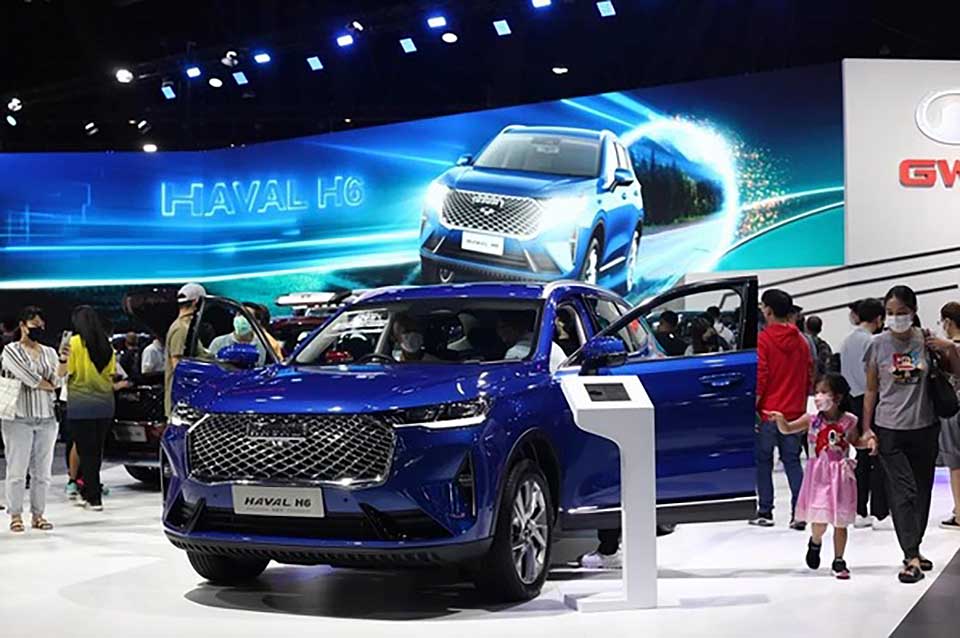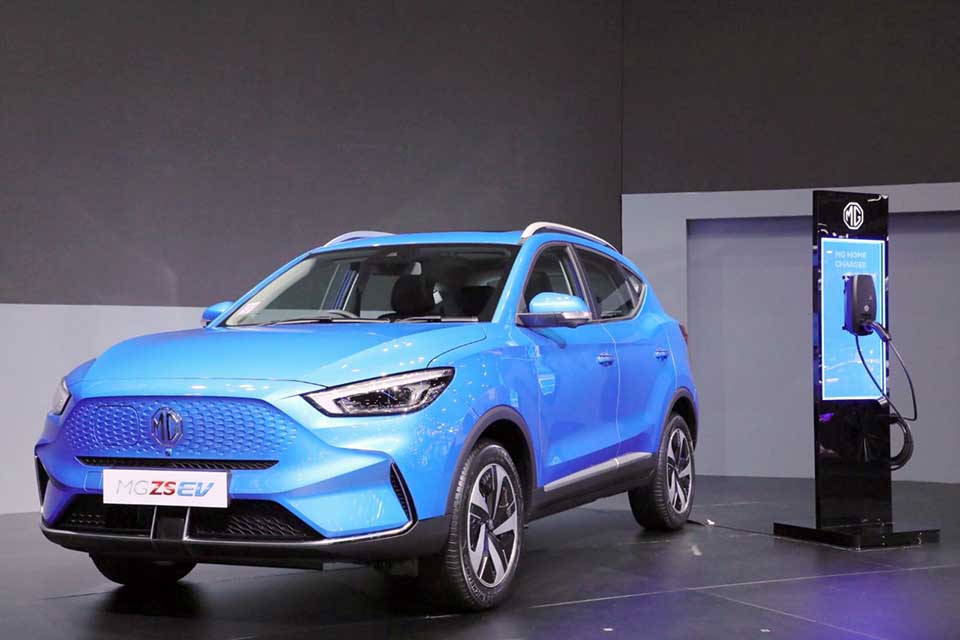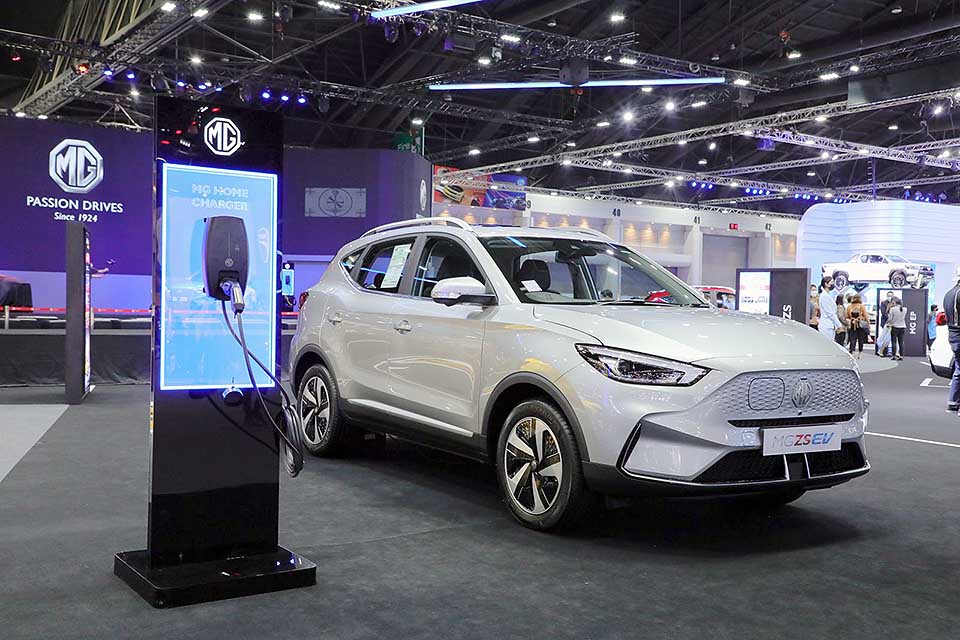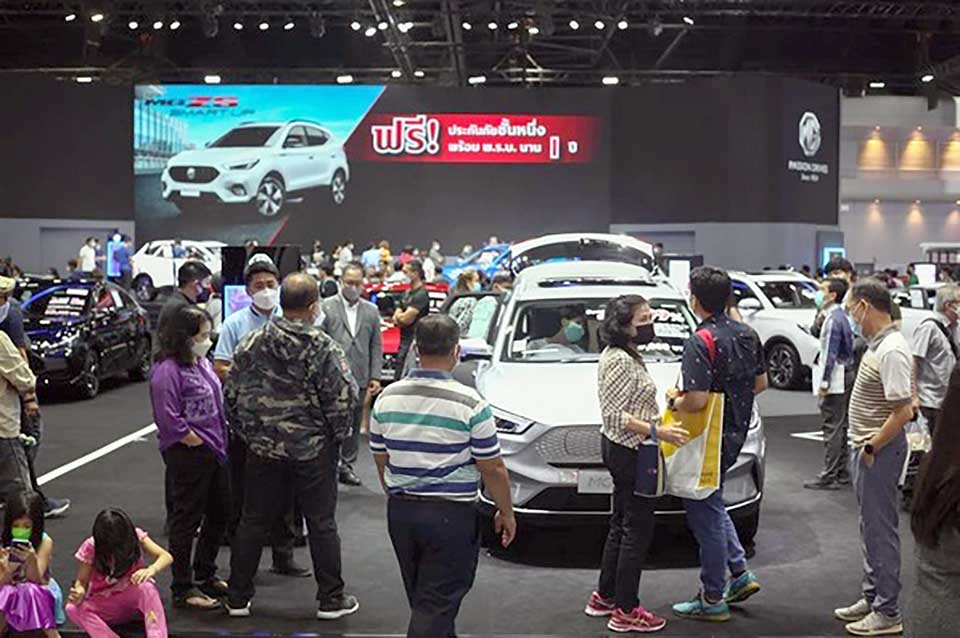
Thousands attended the recent Bangkok International Motor Show, where electric vehicles (EVs) were in the spotlight due to rising petrol prices and a government subsidy taking 15% off the price of some EV cars.
Thailand, along with most other countries in Southeast Asia, has been slower than some to embrace EVs, but demand is starting to gain momentum with Chinese car makers in particular producing cheaper models and increasingly targeting the region.
Still others see a switch to EVs as a way to save money longer-term.
Michael Chong, general manager of Great Wall Motor Thailand, said the combination of energy price concerns and more affordable models will help spur EV adoption.
This year’s motor show was also the first since government subsidies for EV buyers were introduced.
While many global car makers displayed EVs, there were long queues to take a peek inside Great Wall Motor’s competitively priced ‘ORA Good Cat’ model.
Domestic demand for EVs is a crucial part of Thailand’s strategy to preserve its status as a major regional automaker. The government is targeting production of 725,000 EV units a year, or 30% of total vehicle output, by 2030.
Thailand is Asia’s fourth-largest auto assembly and export hub for companies like Toyota Motor Corp and Honda Motor Co Ltd.
State-owned energy firm PTT Pcl has teamed up with Taiwan’s Foxconn to produce EVs in Thailand by 2024.
China’s Great Wall Motor also plans to produce EVs in Thailand in two years’ time. (NNT)




 |
 |
 |





